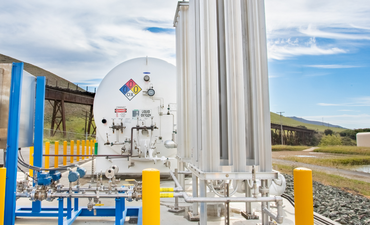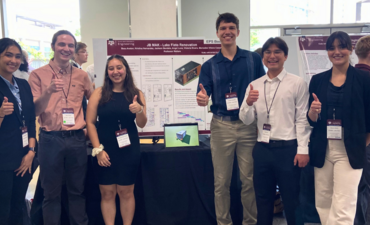
World Stroke Day is recognized annually on October 29 to raise awareness of stroke, provide information about stroke symptoms, and to support stroke survivors. As the fifth cause of death and a leading cause of disability in the United States, stroke awareness and education are paramount not only in day-to-day life, but also on construction jobsites. Here are three ways to drive stroke awareness specifically in the construction industry.
1. Staying aware and informed about strokes
By including stroke awareness in safety briefings, toolbox talks, and mandatory health training sessions, workers can be both informed and prepared if a situation arises. To provide training and stroke awareness, the construction industry can integrate stroke awareness into health and safety trainings by educating employees on the signs and symptoms of a stroke using the 'FAST' method:
FAST Method
Face drooping
Arm weakness
Speech difficulties
Time to call 911
Additionally, companies can partner with organizations like the American Heart Association to provide resources, trainings, and even onsite health screenings to promote better heart health and stroke prevention.
2. Providing resources regarding stroke awareness
In addition to training and awareness, employees can access resources through trusted health organizations like the American Heart Association and the National Stroke Association. Both provide comprehensive information on stroke prevention, symptoms, and recovery.
Many websites also offer downloadable guides, videos, and online training modules. Companies can distribute these resources via digital platforms or physical brochures and make information readily available in common areas like breakrooms or online employee portals. Onsite health fairs and stroke awareness events are also great ways to connect workers with critical resources and medical professionals.
3. Preparing for multiple health and safety challenges on jobsites
With many health and safety challenges on jobsites, there are multiple ways companies can prepare to address challenges. Preparation begins with proactive planning. Companies should have emergency response plans in place, including access to first-aid kits, automated external defibrillators (AEDs), and clear communication protocols for medical emergencies, including strokes. Offering regular first aid training, CPR certification, and stroke recognition courses for employees ensures that workers can respond quickly and effectively in emergencies. It's also important to conduct regular health and wellness checks for employees, especially those who are at higher risk of heart-related issues, to identify concerns early.
Aligned with preparation, diligence must also be practiced, enabling employees to respond effectively and appropriately in critical situations. Field employees can stay diligent by staying informed, maintaining situational awareness, and prioritizing their health.
Overall, routine safety refreshers, hands-on training, and stress management programs help address the mental toll of working in high-risk environments. Companies should foster a culture of openness where employees feel empowered to report safety concerns without fear of reprisal. Creating a supportive environment where team members look out for each other and encourage breaks, hydration, and stress-relief strategies can go a long way in preventing accidents and health emergencies on site.
Henry is a member of the Board of Directors for the American Heart Association and actively works alongside the Executive Leadership Team (ELT), including Mohammed Yassin, Project Executive, to raise awareness about heart health within the construction industry. As part of the ELT in the Greater Bay Area chapter, he helps lead initiatives and campaigns aimed at educating industry partners on the importance of cardiovascular wellness, with a focus on prevention, early detection, and overall health improvement. To help bring awareness to heart-related illnesses in construction, the American Heart Association has launched Hard Hats with Hearts, a targeted initiative for construction workers to prioritize their heart and overall health.
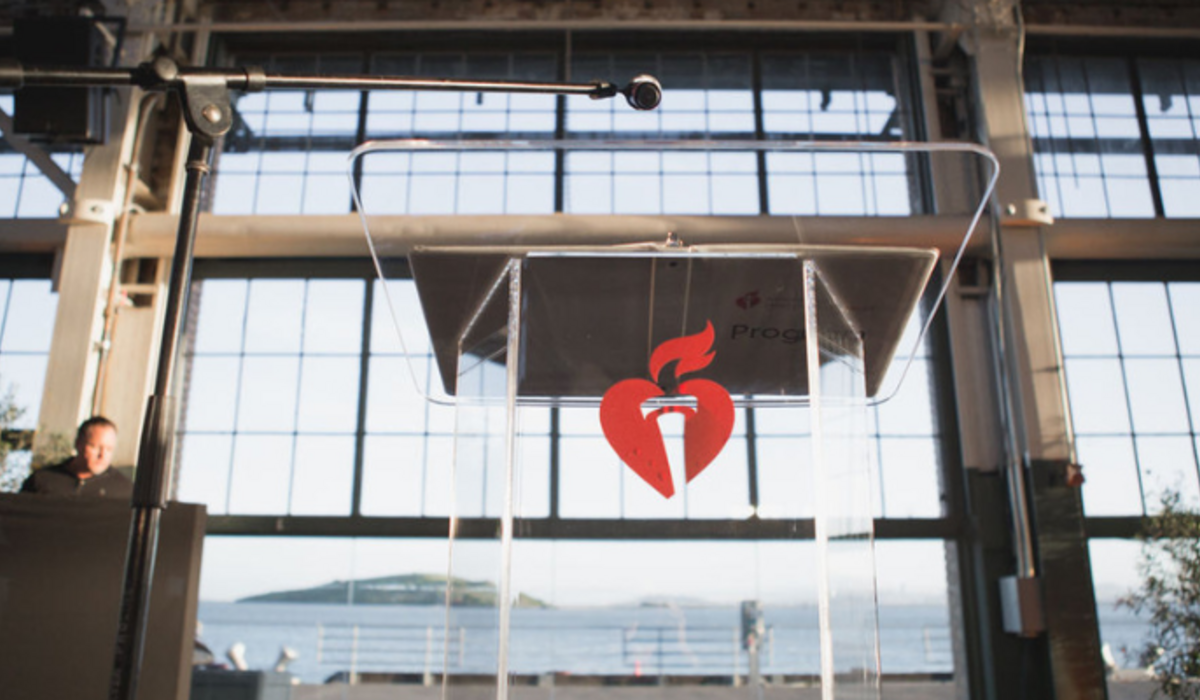
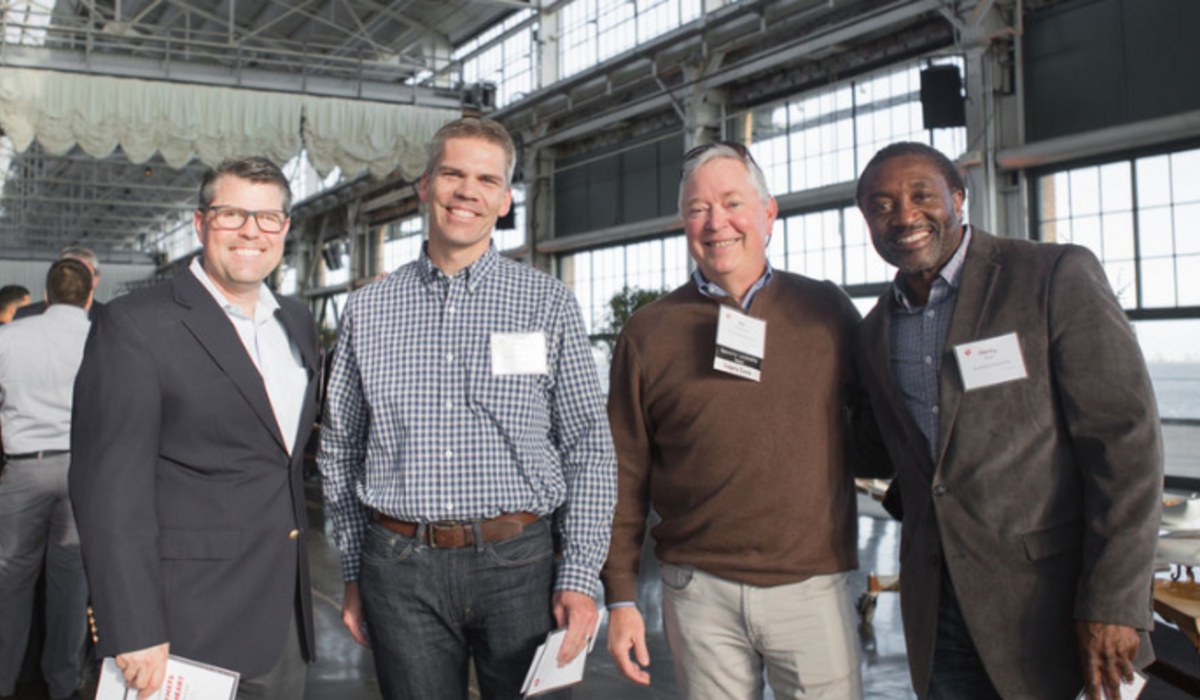
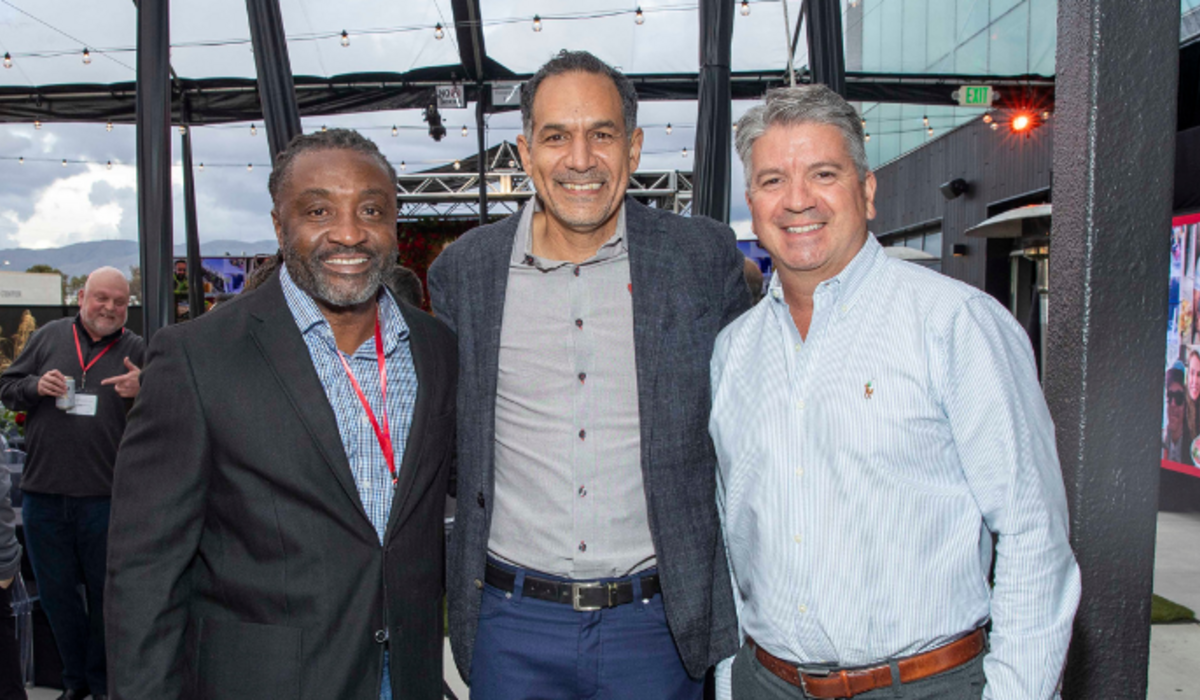
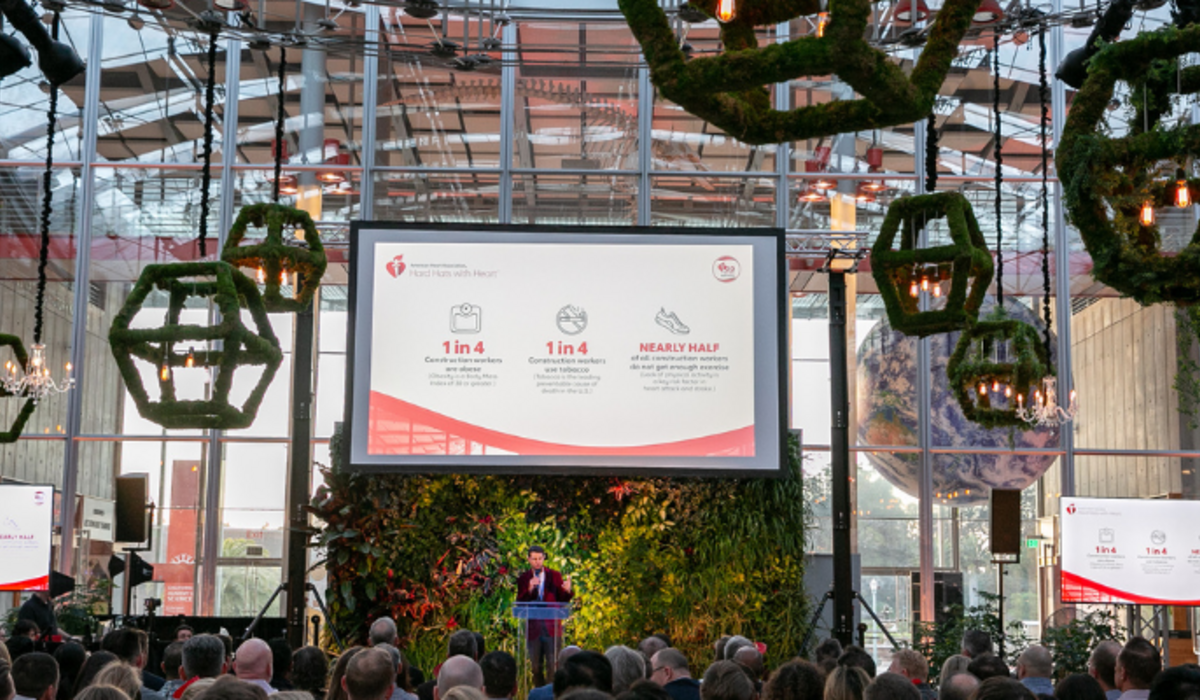


Preconstruction Executive
As Preconstruction Executive, Henry Nutt III brings a wealth of experience and knowledge to his position. With over 30 years as a union sheet metal worker, including 13 years with us as a general superintendent, he combines a hands-on, boots-on-the-ground type of approach with a focus on the practical theory of relationship building.


